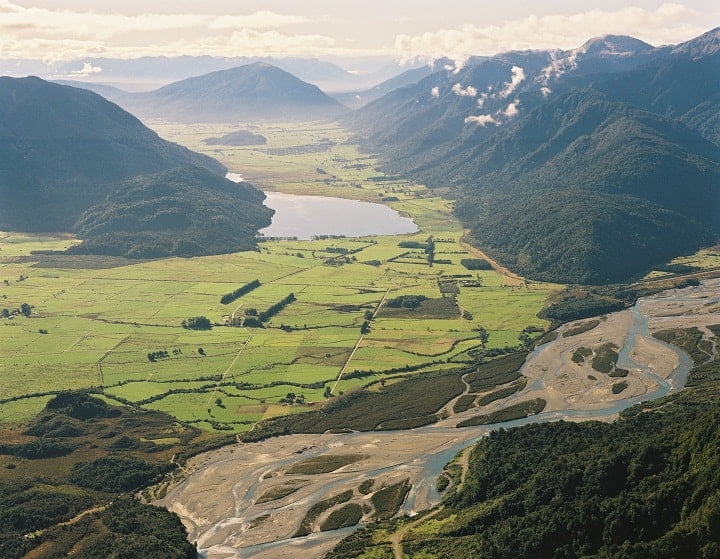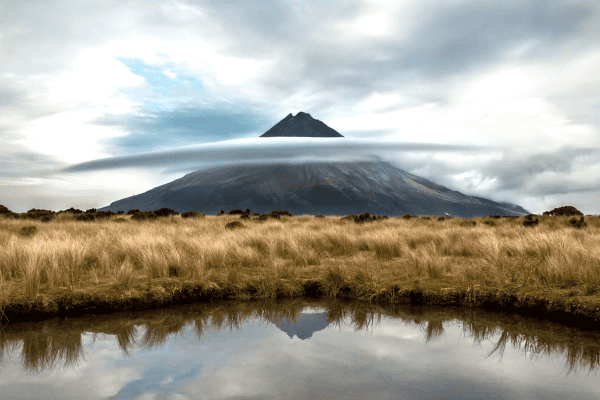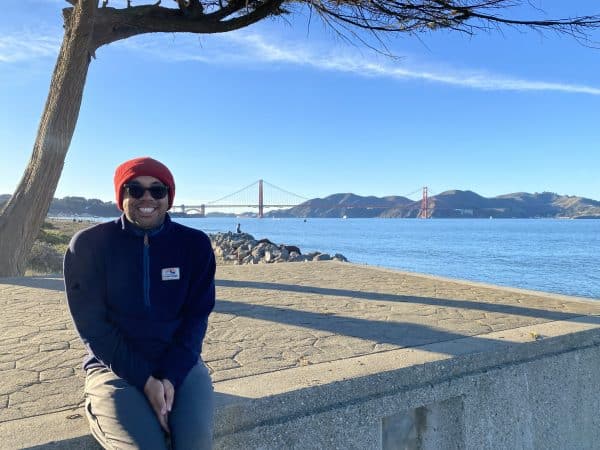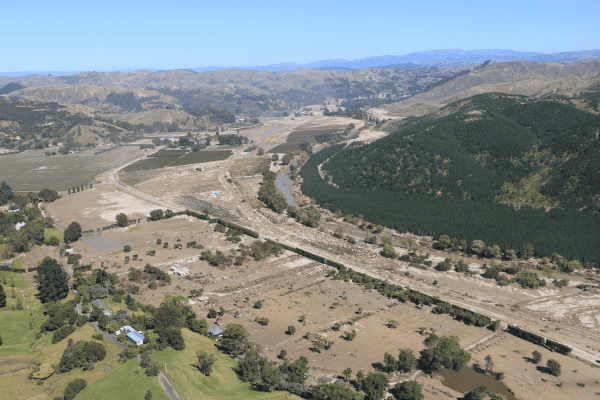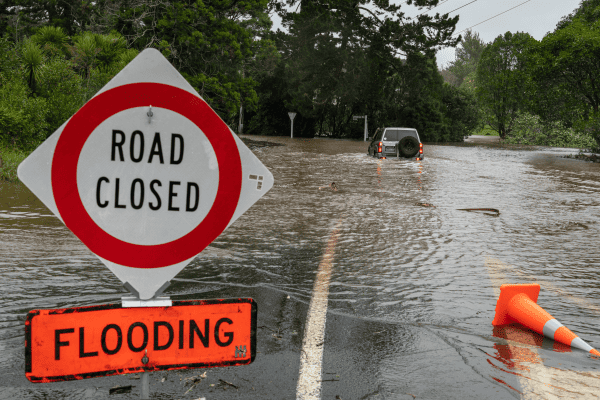Project AF8 and RNC-Rural: New knowledge on Alpine Fault consequences
10/04/2018
By Caroline Orchiston and Tom Wilson
The Alpine Fault is expected to produce a magnitude 8 earthquake in future, which will widely impact the South Island and lower North Island. The Resilience to Nature’s Challenges Rural Laboratory (RNC-Rural) is working with Civil Defence Emergency Management (CDEM) and lifelines agencies to improve the way we understand the likely impacts to enhance how we respond and recover.
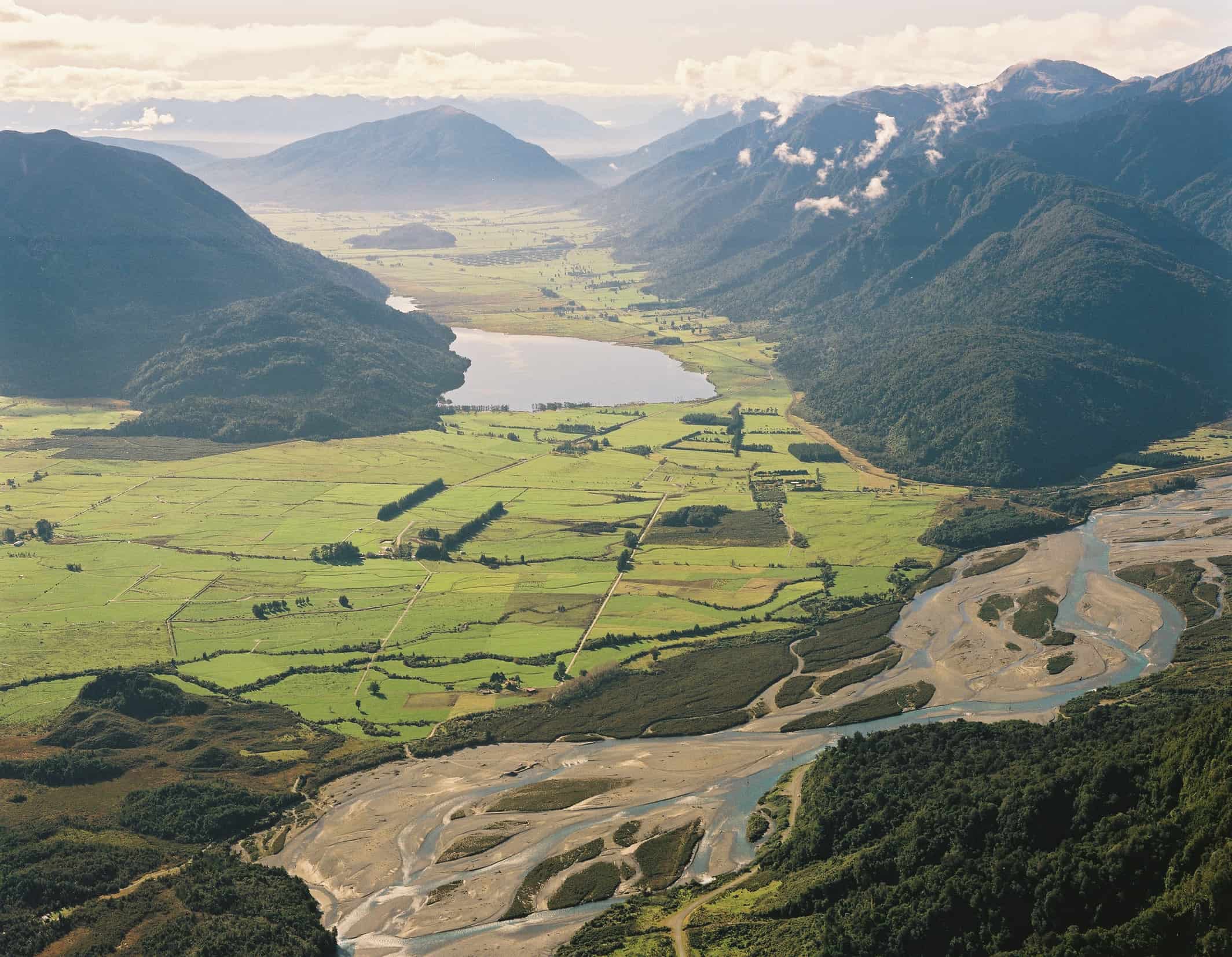
Understanding the Alpine Fault
The Alpine Fault has a long history of generating large earthquakes, with 27 previous earthquake events in the geological record over the last 8,000 years. These earthquakes happen on average every 300 years, with the last event in 1717 AD.
An earthquake of this scale will cause damage and destruction across many parts of the South Island. Do we know what impacts it will cause? Are we ready for it? What can we do to prepare for it? How can we reduce the risk?
RNC-Rural researchers and practitioners, along with our partners in the Resilience Challenge Infrastructure, Economics, Hazard and Culture Toolboxes, are trying to better estimate what the likely impacts and consequences of an event of this scale would be. We are looking at what effect mitigation actions may have on potential consequences, and how all this information can be useful, useable and used. Working closely with CDEM, lifelines agencies, rural communities, and government stakeholders we have developed a clearer picture of the level of disruption the quake would cause to critical lifeline infrastructure, the spatial extent of impacts and the cascading consequences that we might expect.
Project AF8
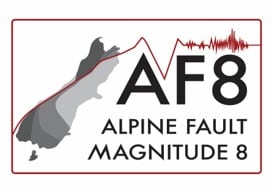
RNC-Rural has led a Resilience Challenge partnership with Project AF8, a South Island-wide Alpine Fault earthquake response planning initiative led by the 6 South Island Civil Defence Emergency Management groups (Canterbury, Marlborough, West Coast, Nelson, Southland, Otago) and the Ministry of Civil Defence Emergency Management.The goal of Project AF8 is to improve the response capability of South Island CDEM groups, and to develop an operational plan to support the response. In order to achieve this, Project AF8 needed hazard and resilience science from a trusted and credible source. RNC-Rural has co-funded the development of the resilience science outputs required for the project to be a success, in collaboration with QuakeCoRE and with input from the Resilience Challenge Infrastructure, Economics, Hazard and Culture Toolboxes. A scenario-based co-creation method has been used, with emergency managers, Alpine Fault scientists and partner organisations working together to build a clearer picture of what a future event might look like across the South Island. RNC-Rural has played a critical role in developing the impact scenarios for Project AF8, which present a gap in current knowledge and require the delivery of new models and outputs over relatively short timeframes.
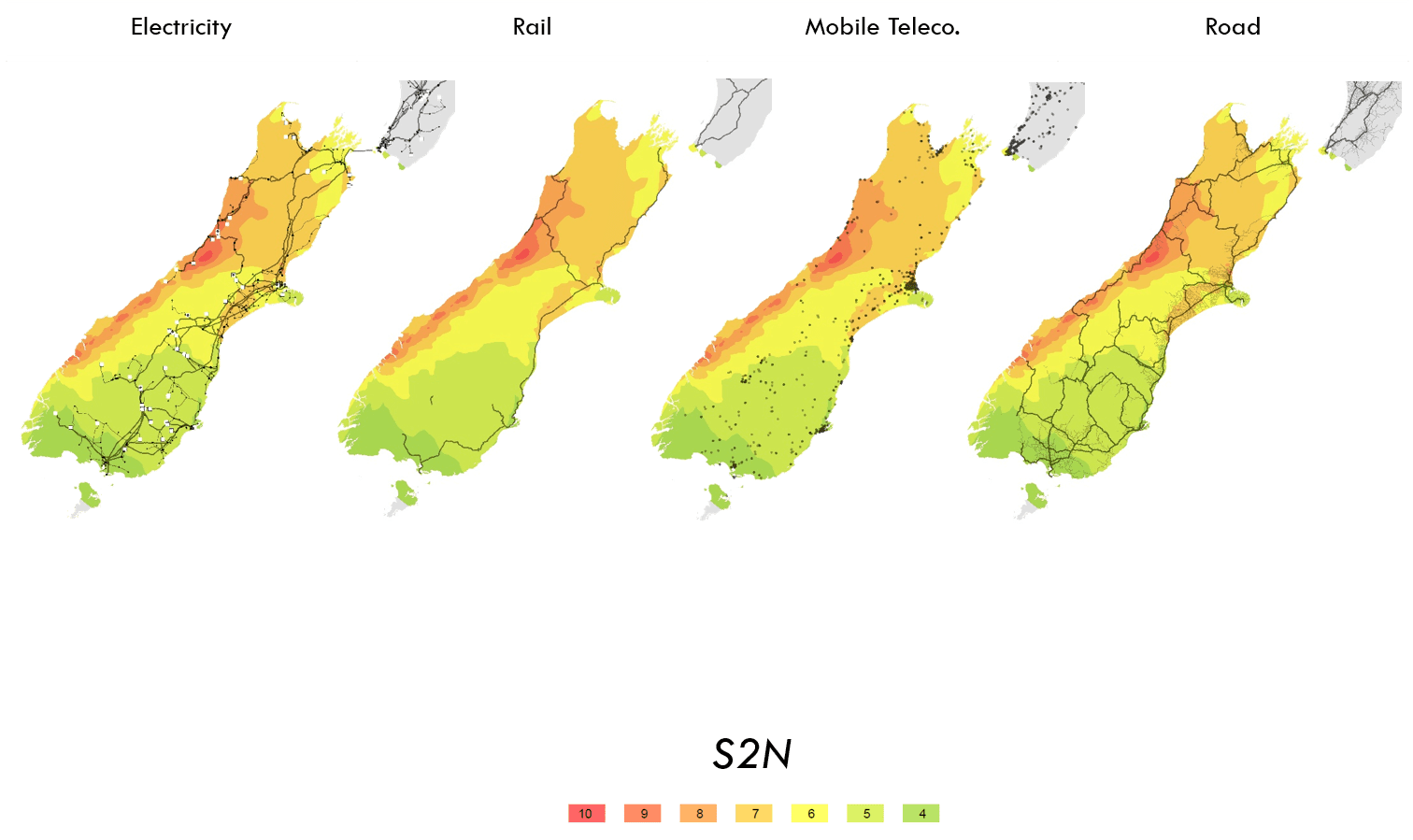
Producing useful, usable knowledge
A key aspect of Project AF8 has been the co-creation of knowledge between researchers and practitioners. It is an example of the Resilience Challenge shifting the focus from producing risk informationper se,towards co-producing risk knowledge that is understandable and actionable by different kinds of users for a hazard of national significance in New Zealand. This shift has been called for by the UNISDR Sendai Framework for Disaster Risk Reduction, which describes the need to “strengthen disaster risk governance and coordination across relevant institutions and sectors and the full and meaningful participation of relevant stakeholders at appropriate levels” (UNISDR2015), and is core to our approach.
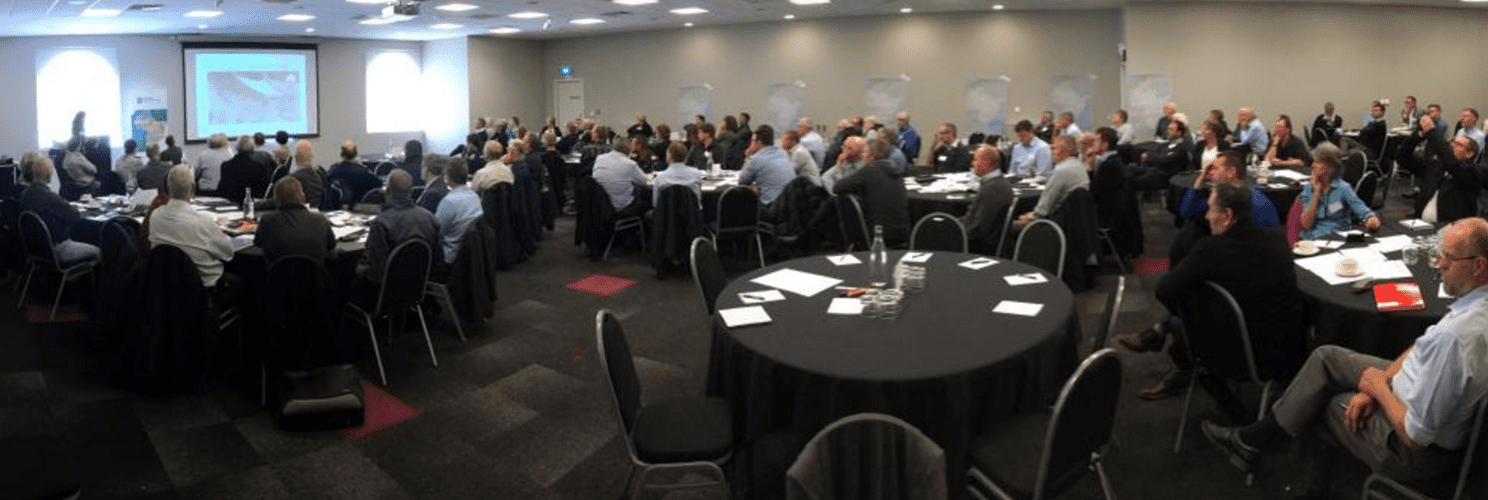
One of the biggest ‘wins’ of the partnership with Project AF8 has been the relationships that RNC-Rural and Infrastructure researchers have built with stakeholders. Led by Ali Davies, the researchers have worked with West Coast lifeline infrastructure organisations, the Franz Josef community (located on the Alpine Fault) and the West Coast CDEM Group to plan for recovery after an Alpine Fault earthquake using detailed hazard, impact and resilience modelling research. These relationships are invaluable, and help to ensure that the research and outputs from this work are useful for those most affected.
The stakeholder support gained through Project AF8 was illustrated in a letter that Christchurch Mayor Lianne Dalziel sent to Civil Defence Emergency Management Minister Kris Fa’afoi on behalf of the Canterbury Civil Defence Emergency Management Group Joint Committee. It requested that the Government prioritise Alpine Fault response and recovery planning, and provide enough funding to ensure that the work is completed with urgency.
Sharing the knowledge
The RNC-Rural and Project AF8 science team have made a significant commitment to making the science of the Alpine Fault accessible through public outreach. There has been an incredible appetite for outreach and engagement in this space. Over the past 18 months, the science team have delivered more than 55 presentations to many groups, agencies, and communities all over the country. We have presented to small rural communities, Mayors, CEOs and Directors, front-line emergency services staff, planning and intelligence groups, government ministries, health and welfare agencies, and even consulates (diplomatic offices from other countries).
The presentations have been well-attended and often receive high praise, showing how much the potentially affected communities and groups appreciate having our findings communicated. For example, following a presentation to a District Health Board, an attendee noted:“you achieved fabulous engagement and I am confident it will materially assist with an increase in resources to facilitate our planning”.
We have also contributed to the design, development and content used in several series of public and specific sector-focused outreach materials used through the South Island.
Conclusion
The impact, risk and resilience knowledge that RNC-Rural is developing will help New Zealand better understand the consequences of a future Alpine Fault earthquake. Using a co-creation model for developing the research agenda and tailoring the outputs to suit stakeholder needs has been very successful, and Project AF8 has achieved excellent reach, impact and trust with its stakeholders. Many organisations seeking to improve their emergency management and business continuity response plans have adopted the Project AF8 earthquake scenario as the basis for their planning.
